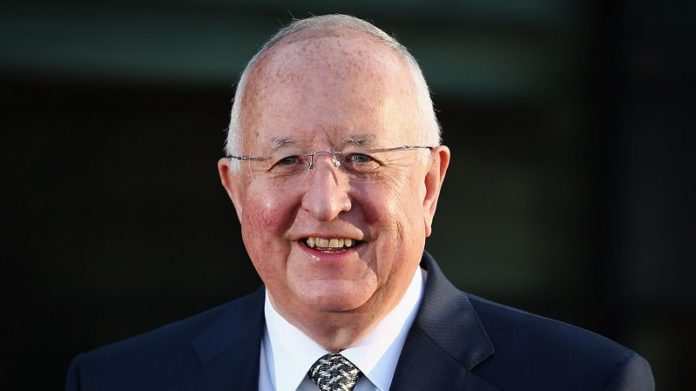
RIO Tinto has extended the postponement of bonus payments to its former CEO, Sam Walsh, whilst regulators continue an investigation regarding payments made to a consultant working on the Simandou iron ore project in Guinea.
“Given investigations remain ongoing the board has asked Sam to agree to a further deferral until the investigations have concluded,” a Rio Tinto spokesman told Bloomberg News in an article republished by the Australian Financial Review.
In 2017, the company said it would postpone any short- and long-term incentives owned to Walsh for a minimum of two years. The group had earlier said it had become aware of e-mail correspondence from 2011 relating to contractual payments totalling $10.5m made to a consultant providing advisory services on Simandou.
As a result, the Anglo-Australian group suspended its energy & minerals CEO, Alan Davies, who had accountability for Simandou at the time whilst Debra Valentine, the group’s legal and regulatory affairs group executive also stepped down. Valentine had earlier announced a decision to retire.
Simandou proved a political headache for Rio Tinto amid accusations of bribery and fraud by the Guinea government involving mining entrepreneur, Beny Steinmetz.
Rio initially controlled Simandou until in 2008 the late Guinean dictator, Lansana Conté, cancelled its rights to the northern half and granted them instead to Beny Steinmetz Group Resources (BSGR) days before Conté’s death.
Rio subsequently launched a court bid to prove that BSGR, Steinmetz and Vale, the Brazilian iron ore and coal group which benefited from the reallocation of the mineral rights to northern Simandou had conspired to affect the reallocation.
However, in November 2015, a New York court threw out Rio’s case as it fell foul of the statute of limitations (not on the merits of the case).
The cost of developing Simandou, which is estimated to produce 100 million tonnes/year of iron ore for up to 40 years, has been estimated at $20bn – an outlay that also pays for a 650km railway and a deep water harbour.
Rio Tinto signed a framework agreement with the Guinea government in 2014 which provided guarantees on timing of the project in which a year is given for completion of a feasibility study and 36 months for the finance to be place.
It duly delivered a bankable feasibility study but then weeks later said it planned to shelve the project following a decision by newly appointed CEO, Jean-Sebastien Jacques, that it could not be justified against then iron ore price.
In its 2016 annual report, Rio said that any long-term incentive plan payments, including so-called bonus deferral and performance share plans, that would have vested up to 2020 would be impacted by the agreement and will affect awards going back to 2013.
The value of these awards changes with company performance. In 2016, Walsh’s total pay package was $11.4m ($16.2m), which includes long-term incentives of $6.8m that were deferred.










